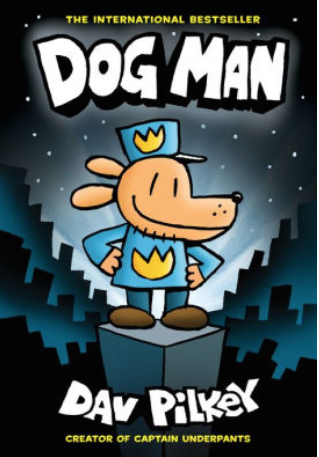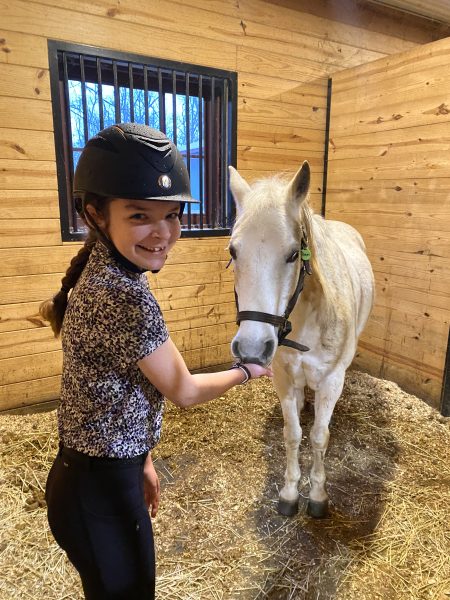The Empathy of Animals in Fiction
May 19, 2021
Think back to when you were younger; how many of your early morals were taught to you by a friend a little smaller and furrier than you? It’s a well-known fact that animals dominate the pages of children’s books, and there is a deeper meaning as to why. The appeal of colorful furry friends is much greater to children than that of other children, and, despite the cross in species, they can be easier to relate to. Our minds flourish when we’re kids, and the silliness and antics that animals engage in within fiction push human boundaries and tap into our imaginations.
Aside from the more lighthearted aspects, there is a psychological side to the reason why the stories of young animals connect so much with children. The fact that they aren’t human children allows for a level of emotional distance in the minds of kids, meaning that heavier topics can be tackled in an efficient way without causing any one person too much distress. Additionally, children with different family situations will take to stories differently. Those who have an absence of parents are more apt to take to learning from animals rather than other adults since they do not have parental figures to learn from.
Three elements that children’s books typically consist of are education, morals, and a happy ending. Lorie, a special ed teacher’s aide, says, “Seeing animals face problems and overcoming them helps kids feel less alone with their own struggles”. Animals can be portrayed in many diverse ways, and ways that make anyone and everyone feel included. For example, Lara of May Gibbs explains in an analysis of the subject that the story, “The Ugly Duckling”, is more appealing to hear about rather than “The Ugly Child”. Lu, a 10-yr old, says, “I can relate to animals more because it is easier to see what is right and wrong”. Lu’s favorite book series is, “Dogman” written by Dav Pilkey. This super-dog character teaches kids about empathy, kindness, persistence, and, of course, doing the right thing.
As time goes on, children’s books will continue to involve animals, due to their psychological appeal. The ability for children to empathize with strong, yet fun moralizing figures is important in their growth as they get older. It not only nurtures their minds, but their attitudes. Even though the prevalence of animals in children’s books may seem pointless or repetitive, there is a reason for it, as much of a reason as there is for the deeper meaning in more mature stories. There’s a good chance we can all still learn from our childhood heroes. 









